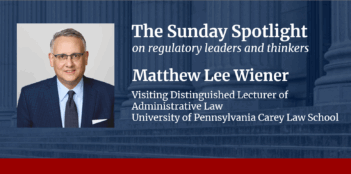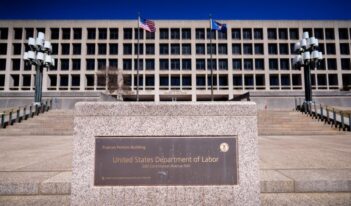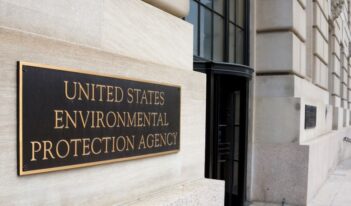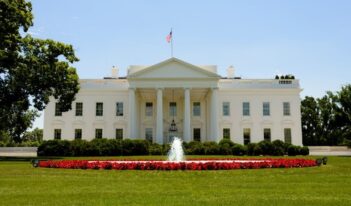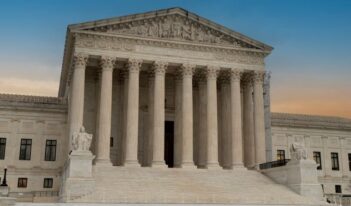Judicial Remedies After CASA
After the Supreme Court tamps down on nationwide injunctions, future pathways and questions still remain.
Improving the Administrative State
Matthew Lee Wiener discusses his career in public service and current challenges facing the administrative state.
Lessons for Deference From the Telephone Consumer Protection Act
The Supreme Court reinforces and expands its 2024 ruling in Loper Bright.
Constitutional Continuity in a Time of Change
The Supreme Court rejects a nondelegation challenge to the FCC’s power to set universal service fees.
Proposed OSHA Rule Is Dangerous for Workers and the Law
A proposed rule that rolls back protections for workers sends a troubling signal about regulatory reforms.
Venue in Clean Air Act Challenges
Two recent Supreme Court decisions identify in which court EPA decisions can be challenged.
Recent Legislation Reveals President Trump’s Regulatory Approach
President Trump’s latest legislative victory reveals an inefficient approach to deregulating markets.
Access to Justice, Deferred and Denied
The Supreme Court limits judicial remedies and increases deference to executive power in immigration enforcement.
DOGE’s Misguided Abandonment of Evidence
Adopting a chainsaw-based approach to reform undermines the goal of creating a more efficient government.
The Supreme Court’s 2024-2025 Regulatory Term
Scholars and practitioners examine the Court’s most important regulatory decisions of this past term.
Evaluating Transparency of State Governments
Scholars explore the differences among states’ implementation of freedom of information laws.
Decision About Immigration Judges May Change the Game
A recent court decision may help protect civil servants unlawfully removed by the Trump Administration.


